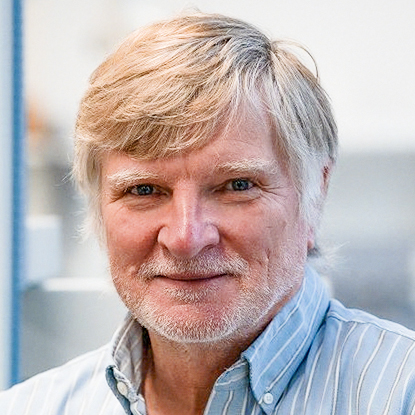Water Management
The United Nations' 2020 World Water Report states that global water consumption has increased sixfold over the past 100 years. As a result of population growth, economic development and changing consumer behaviour, it will continue to grow at a steady rate of around 1% per year. In addition, there is an increasing concentration of the population in metropolitan areas. This development requires regional strategies, as local solutions alone are no longer effective. In the profile topic SCWC, holistic strategies are being developed in order to optimise the management of water resources on a regional scale, by combining a wide range of measures.
Water Reuse
Climate change will further worsen the situation in regions already under water stress and lead to water stress in regions where there are still sufficient water resources. Innovative concepts for the reuse of used or polluted water are becoming increasingly important against this background of global climate change. In particular, the questions of water quality and the necessary infrastructure must be addressed. In the profile topic SCWC, we are developing technologies and concepts to treat different water qualities according to their impact (“fit for purpose”) and to make them available where they are needed. We are working on concepts for water reuse in agriculture, for drinking water extraction, and for reuse in industry.
Processing Technologies
The treatment/processing of water from various sources requires a wide variety of technologies. Depending on the starting point and objective, physical, chemical, and biological processes or their combinations are available. We are conducting research into the development and optimisation of such processes for a wide variety of applications. From the results of our research, new and sustainable processes or combinations of processes can be made available for broader application.
Water Quality
Our water resources are exposed to a wide variety of stresses resulting from agriculture, industrial processes, and emissions, as well as from the actions of our societies. Prominent examples are nitrate in groundwater, pharmaceuticals, germs, and resistance genes in wastewater, or microplastics in many ecosystems. The behaviour of these substances in the aquatic environment is complex and the interaction of different processes is often unknown. In the profile topic SCWC, we are conducting process-based lab and field studies to understand these relationships and thus develop strategies to minimize these stresses. This also creates a process understanding that enables predictive protection of our water resources.



